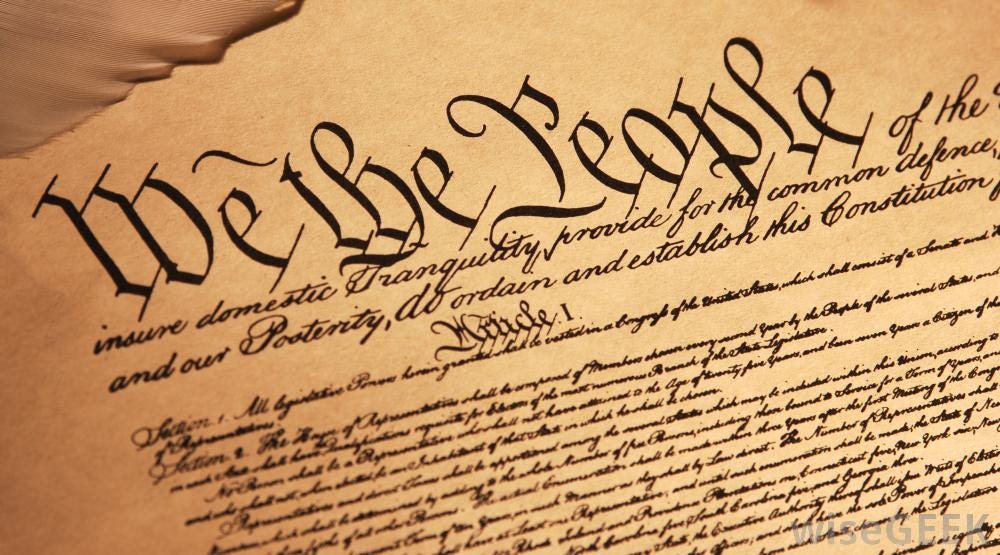During the impeachment of Donald Trump, his lawyers argued that the impeachment itself was unconstitutional. The case against Trump is a textbook example of what the framers saw as a genuine reason for impeachment. He violated the very thing that the framers were concerned about. If his case doesn’t rise to the level of impeachment, then what does? And if he can’t be impeached for what he did, and he can’t be indicted, then he is literally above the law itself.
Trump’s lawyer, Alan Dershowitz argued that Trump shouldn’t be removed from office even if Trump is found guilty of the charges in the House.
Modus Ponens: If/then Mode that affirms
P1. If the president can’t be indicted, then he is above the law
P2. the president cannot be indicted
C: therefore; he is above the law.
But we hold a doctrine that nobody is above the law in the United States. So either at least one person IS in fact above the law, or Dershowitz’s reasoning is wrong. If Dershowitz’s argument is correct, then the impeachment clause of the Constitution has no meaning. Otherwise:
Modus Tollens: If/then Mode that denies
P1. If the president cannot be indicted, then he is above the law
P2. No one is above the law
C: therefore; the president Can be indicted
Trump’s exchange with the President of Ukraine was all about self-serving motives. He withheld desperately needed military aid to Ukraine as part of a quid pro quo designed to do him a self-serving favor that would help him personally in an upcoming election. This was not for the benefit of the country. It was for his own personal benefit. He used tax-payer dollars as the bargaining chip and he was impeached for his abuse of power.
“The subjects of its jurisdiction are those offenses which proceed from the misconduct of public men, or, in other words, from the abuse or violation of some public trust.” HamiltonFederalist #65
Justice must be impartially served or it isn’t justice. Would anybody disagree with that? No man can be objective about himself. He sees himself through a biased and tinted lens which is always self-serving. Pardoning himself would be an obstruction of justice because he is the subject being investigated. Ultimately he becomes the judge in his own case, and he brings his own bias to the issue. He becomes both the manager of his team and the umpire at the same time. He can’t be the investigator and the subject of the investigation at the same time. The two positions are in conflict with each other, and the Law of Non-Contradiction comes into play. You can be one thing or the other, but you can’t be both at the same time any more than you can be in two places at the same time. You can’t be the judge in your own case. You can’t be a lawyer and a witness in your own case. And you cannot claim executive privilege as an excuse to block witnesses and documents that are central to an investigation into a case against you. Executive privilege cannot be used for a self-serving interest. It must always be used in service to the country and not the personal interests of the President. When that becomes the case, then justice is denied and the result is tyranny. The President places himself above the law by blocking witnesses and documents central to an investigation of his actions, and that could never be the intention of the framers.
That is an obstruction of Congress and proves the point of article II of the impeachment.


